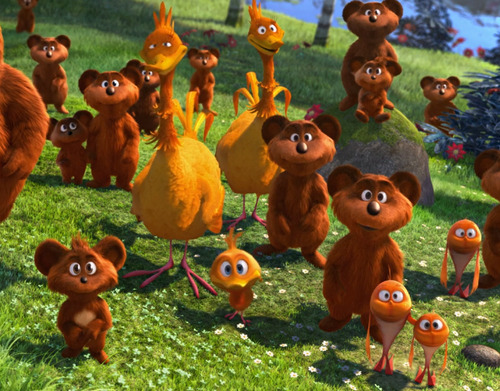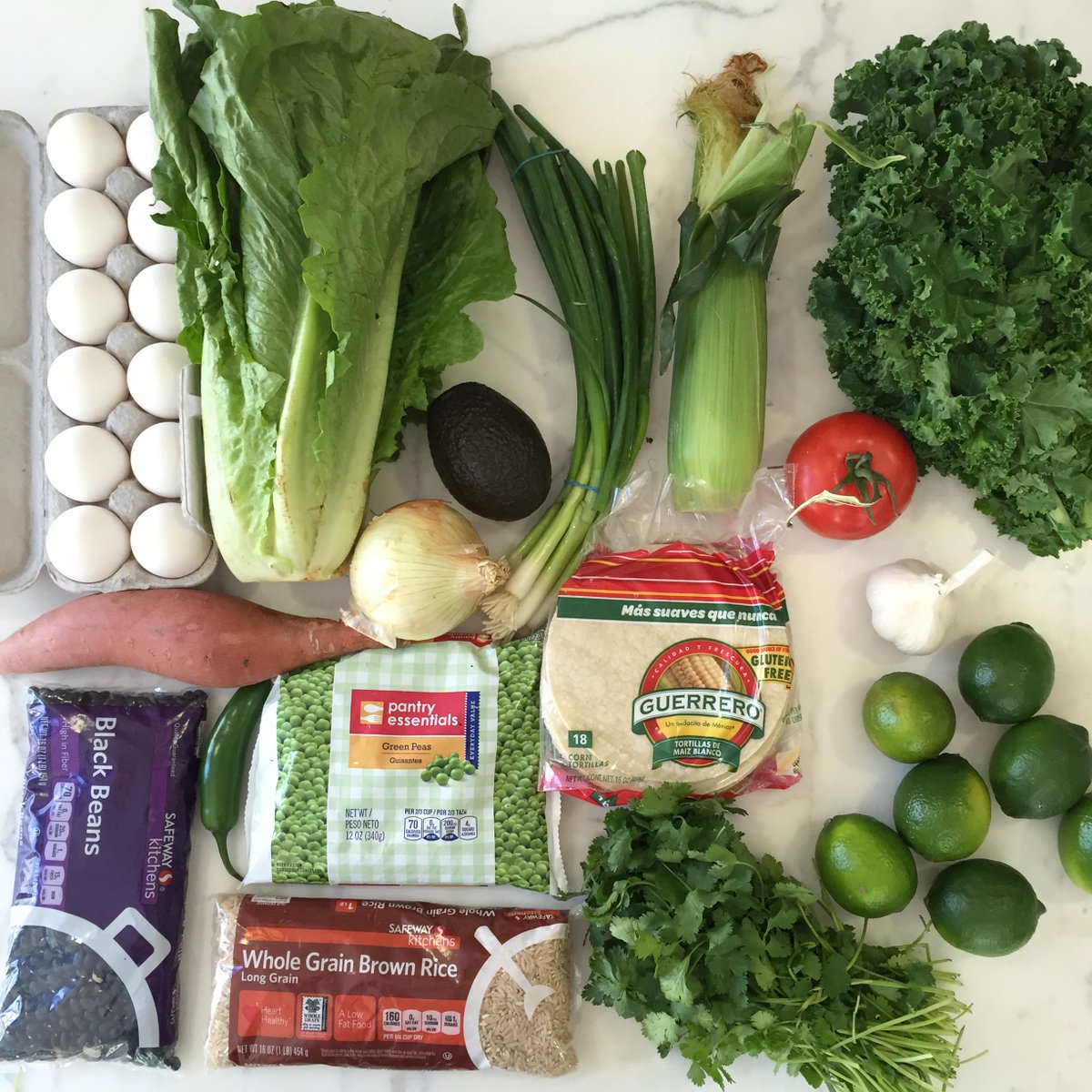WHAT.
Vengeance? Vandalism? Nasty divorce, cheating spouse, someone come out as gay? I was pretty curious. After a little investigation I found out the people who live on the corner had won that car in an auction a few years ago, and it had "died" there on the corner the day before. The lady of the house was an artist and she'd always wanted to "do something like this". So she destroyed the car. This morning I saw her happily putting bright purple flowers into the buckets into the paint cans on the roof and stenciling a florentine design onto the unevenly pink splotched sides of the Jag.
Ha, see because the car DIED. So no one else could possibly use it, ever. It stopped going, so we may as well "reuse" it--isn't that what recycling's all about, reduce, recycle and reuse? Hurrah, environment!
Ha.
So, funny story, Aldous Huxley, back in 1931, looked around at the human condition and was like, you guys are gross, and wrote a book called "Brave New World" . In the World State, this futuristic "perfect" society, everyone is preconditioned with hundreds of thousands of repetitions of the appropriate subconscious messages before joining society, one of which is "Ending is Better than Mending". See, in an effort to bulk up the consumer-driven economy with tangible goods, this society made throwing stuff away rather than repairing it a societal value. Anyone that shows up in the World State in patched or even worn clothes is automatically viewed with nothing less than disgust; while the ability to repair is so bred out of society, viewed with such horror, that when a lone woman from the World State finds herself among the "savages" (read: normal people living well, cooking their own food, building their own houses, but viewed as insane and crazy chicken ladies for not wanting to join World State) she is absolutely unable to function and is reduced to wearing rags because she cannot bring herself to learn to mend things nor has she any ability to do so. Huh. Weird...
Ironically Aldous Huxley wrote this story out of disgust toward the path humanity was taking during the Great Depression, which, by the way, was one of the most penny-pinching, repairing, reusing, make-do-ing, making-it-work-ing times in American history, you know, with it being, like, the Depression and people starving to death and everything, like, making "mock apple pie" out of ritz crackers and cinnamon. He looked at the state of society in the midst of arguably our most frugal time period since the pioneer days and was like, whoa, guys, this is getting out of hand.
If we don't slow our roll we're going to end up like gross suburban housewives who destroy $40,000 cars because they've "always wanted to".
 |
| Question: did you have those gallons of paint? Or did you go out and buy $60 worth of paint for this project? |
You're making Aldous Huxley cry, you guys.
 |
| Whoa, it's okay, Al. We're gonna fix it. |
Simple method: drill drainage holes in a 40-50 gallon rubber/plastic trash bin. The holes should be about 1" and plentiful around the entire circumference of the bin, starting about a foot from the bottom and carrying all the way down and through the bottom of the bin itself. Fill with a ratio of 1:5 green to brown waste. Green waste is anything that comes from a fruit or a vegetable (including coffee grounds) and brown waste is anything that came from a tree, including black and white newsprint, plain cardboard, brown paper bags, and paper towels that haven't been used for something like sopping up meat grease or wiping things down with Windex. It will all eventually break down but a good way to keep circulation is to start with a layer of greens (which starts out bulky but will break down faster) separated by a layer of browns (leaves, small twigs, cardboard that you've dampened and torn into smaller pieces) and repeat. You can also throw in any old potting soil that needs a rest, it'll pick up the good microbes and nutrients from the compost as it decomposes. If you want it to go faster take it out and turn it every day. If not, just leave it alone and it'll do its thing. If it starts to smell, dump it out, pick it apart with your shovel a bit, throw it back in with more brown stuff (too little brown stuff makes the compost become anaerobic and smell bad).
You can also just throw all that stuff I just said into a pile and let it do its thing. Free. Easy. The cardboard doesn't have to go to a recycling plant which produces pollution to recycle that cardboard.
It can go right into a micronutrient stew gardeners literally call "Black Gold" that you'll eventually put right down on your lawn or in your tomato bed to freaking miraculous results.
 |
| So, this was a $3 six pack of tomato seedlings before I composted. You may be able to see the stakes and twine support they have completely destroyed in their desire to grow and take over the world. |







